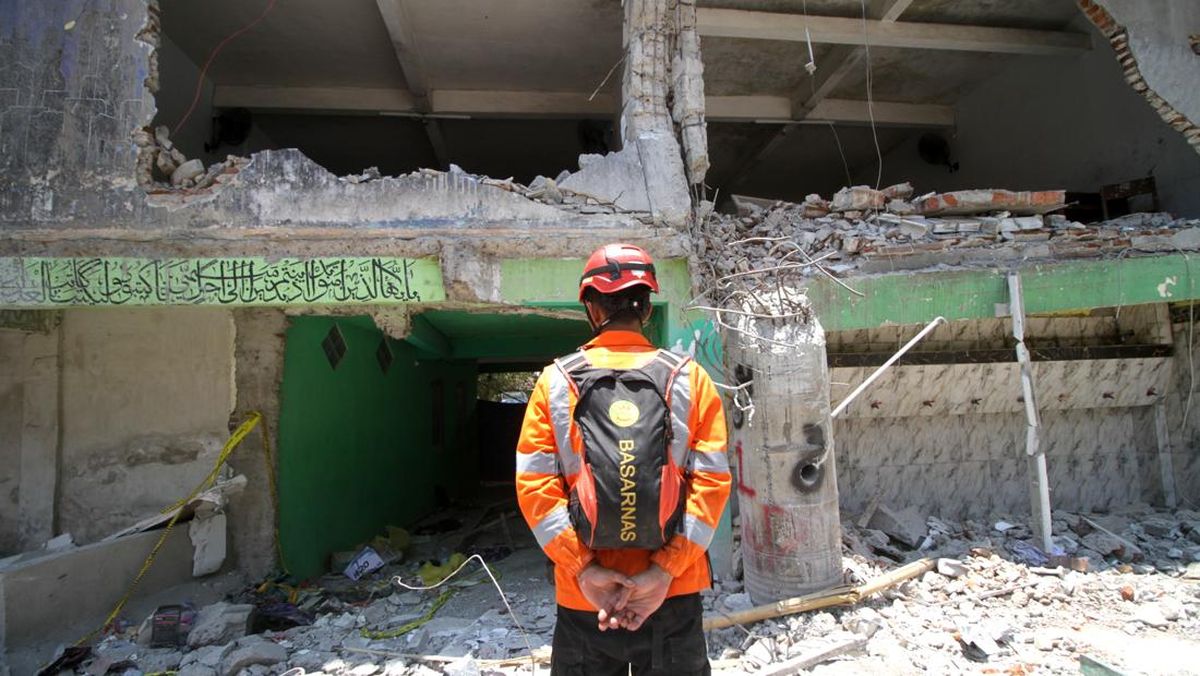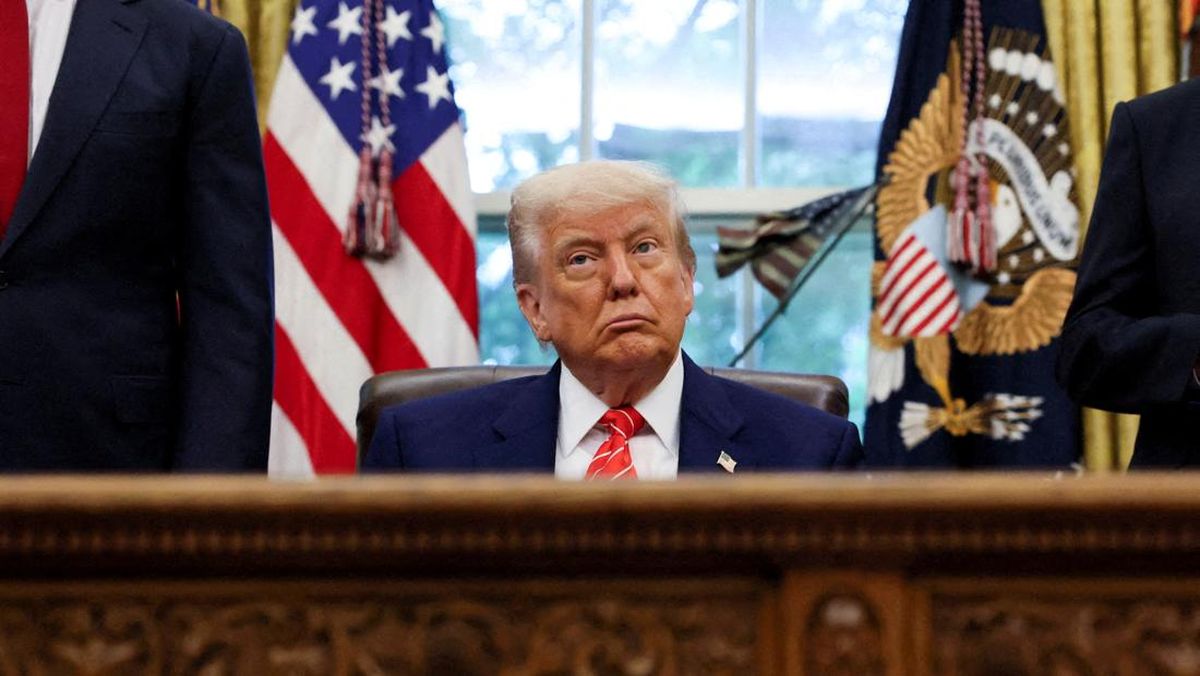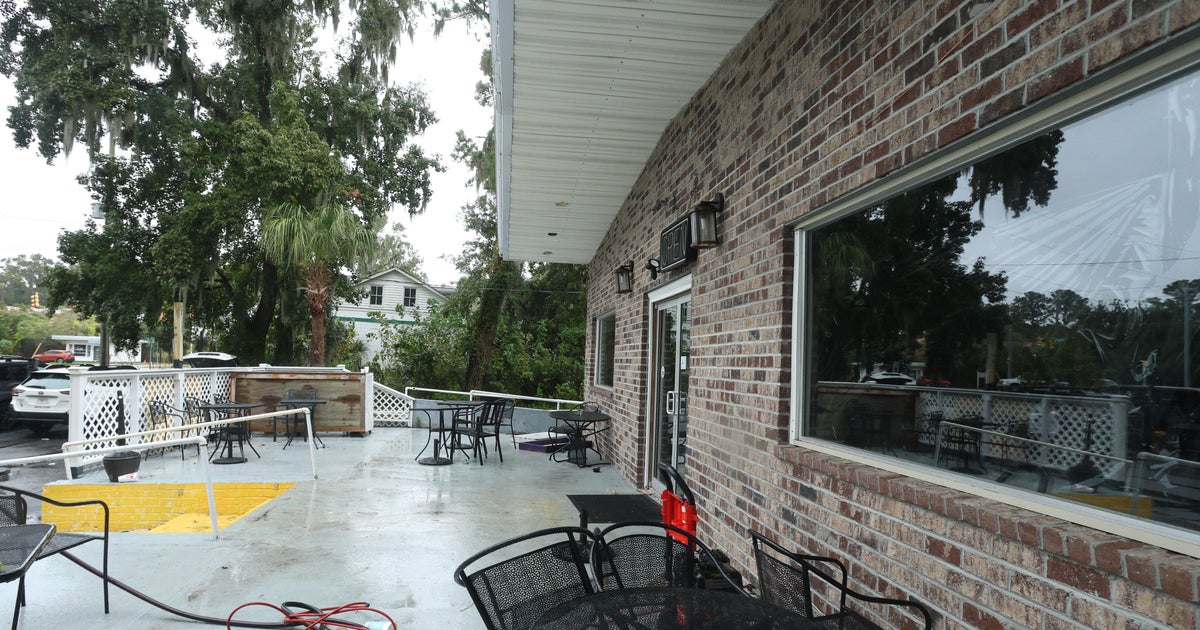October 13, 2025 — 5:00am
Traveller reader Raja Nagaraja of Florey, ACT, got a rude surprise when he and his wife showed up late one night expecting to check in at the accommodation they’d booked at the Outlook Hotel in Zimbabwe’s Victoria Falls. It didn’t exist.
“Terrified in the darkness at this unknown place, we called the number provided, with a person informing us that the hotel was still under construction and that he would provide alternate accommodation,” he wrote.
Alternate accommodation turned out to be a room in a house in a remote part of the town. Fearing for their safety, they managed to find another hotel, dipping into their pocket to pay.
The Nagarajas had booked and paid through Expedia, a respected name among online travel agencies (OTAs) and one of the big hitters among booking platforms. How could they sell rooms in a hotel that doesn’t exist? Nagaraja complained to Expedia and, after several calls and follow-up emails, he received a refund, but the experience left him scarred.
A subsequent investigation by Traveller’s digital editor revealed the Outlook Hotel had no reviews on TripAdvisor, “all the photos of it were clearly digital renders, not actual photos, and a satellite view of the hotel on Google Maps showed what was clearly a construction site”.
When you want to book a hotel, online travel agencies are super convenient. Type in your dates, your desired location and how much you want to pay per night and, on a single website, you’ve got all the properties that fit your wish list. Booking is quick and easy, no to-and-fro waiting for a response from the property. In some cases, you can book without making any upfront payment, which might not apply if you book direct with the hotel.

But what if your chosen property doesn’t exist? It seems ridiculous to be asking that question. Surely, an OTA wouldn’t accept a booking for a hotel that might only exist on a drawing board, or in someone’s imagination? But that’s exactly what happened to the Nagarajas. And if Expedia did it, are other OTAs at fault?
Which.co.uk, the British consumer champion, took a long, hard look at the way Booking.com lists properties on its website and published the results in March 2025 in an article titled “What went wrong with Booking.com?” The first heading in the article was: “It took less than 15 minutes to list a holiday home on Booking.com.” The first line under that heading reads: “We didn’t need to provide proof of who we were.” The article went on to detail Booking.com’s myriad shortcomings, such as making “most relevant” the default setting for guest reviews, which elevated favourable comments at the expense of more recent comments.
Booking.com no longer offers a choice of review settings, but it seems that even hotels with an average rating of less than 6/10 receive a suspicious number of charitable reviews. The fact that a consumer body was able to establish a fictitious property on a booking website should send shivers down the spine. In its conclusion, the article on Which notes: “There are some basic things Booking.com must do to reduce fraud … Every time you book with Booking. com, it skims off around 15 per cent for itself. That money – billions of dollars – should surely be enough to make it a much safer site.”
I had to register my own business with Google and the level of detail required to validate the listing puts a passport application in the shade. The final step was creating a video showing the outside of the premises and a walk-through of where the business operates from. Several months later, I’m still waiting for final approval.
Why doesn’t Expedia or Booking.com apply the same scrutiny to the properties they represent on their websites? Surely, there’s some accountability to ensure the product they’re selling is not a hole in the ground, not to mention the reputational damage they suffer when they take payments for properties that don’t exist. For all its faults, you can bet Amazon doesn’t sell non-existent products.
Make sure you’re getting what you paid for
Having to establish that your hotel, resort or guesthouse actually exists seems to defy reason, but Nagaraja’s example should inspire caution. Expedia isn’t going to do it for you, so better DIY. Up-to-date reviews should tell you straight away, and checking reviews is just common sense. TripAdvisor has a wealth of customer feedback, with handy graphics that tell you at a glance how guests feel about the property, from “Excellent” to “Terrible”. As well as the carefully curated images from the property’s management team, both TripAdvisor and Google offer real-life images from those who have stayed and paid, and if you want the unvarnished truth, that’s hard to beat.
If there’s any doubt, Google Maps’ Street View won’t take you inside a hotel but it can tell you a very different story from the one the hotel wants you to believe. Far more than assuring you that your hotel exists, Street View gives a warts-and-all look at the surroundings. A sleazy neighbourhood, front and centre of an industrial area, a freeway outside the front door or a next-door building under construction are all good reasons to steer clear, and Street View tells it like it is.
Curiously, you can still find The Outlook at Victoria Falls online, though there are no reviews listed and it appears that earlier ones – both detailing the lack of hotel and praising it – have been removed.
Caveat emptor.
Sign up for the Traveller newsletter
The latest travel news, tips and inspiration delivered to your inbox. Sign up now.
Michael Gebicki is a Sydney-based travel writer, best known for his Tripologist column published for more than 15 years in Traveller. With four decades of experience, his specialty is practical advice, destination insights and problem-solving for travellers. He also designs and leads slow, immersive tours to some of his favourite places. Connect via Instagram @michael_gebickiConnect via email.



















































